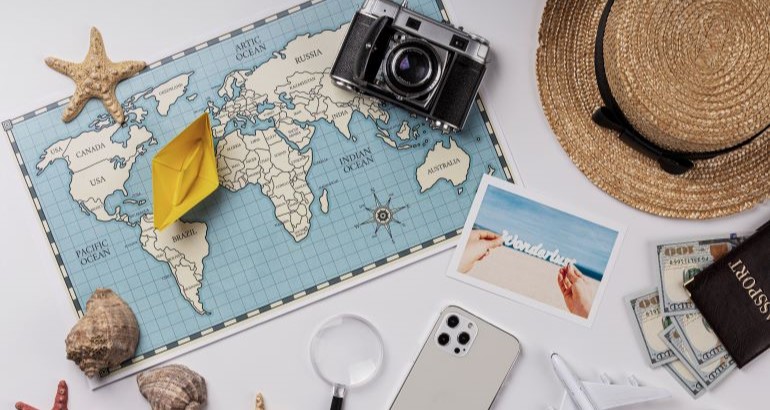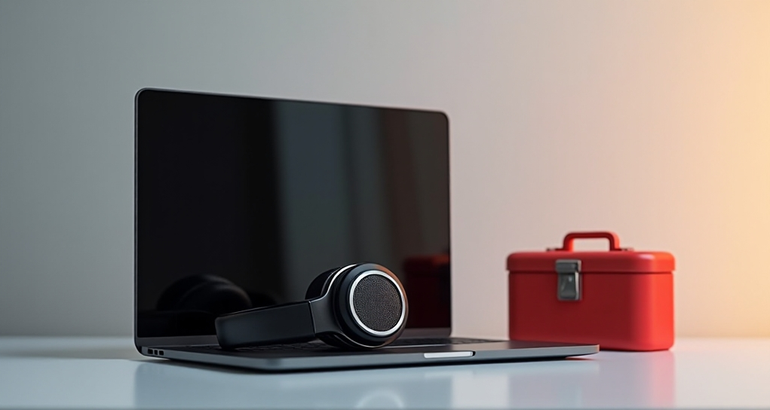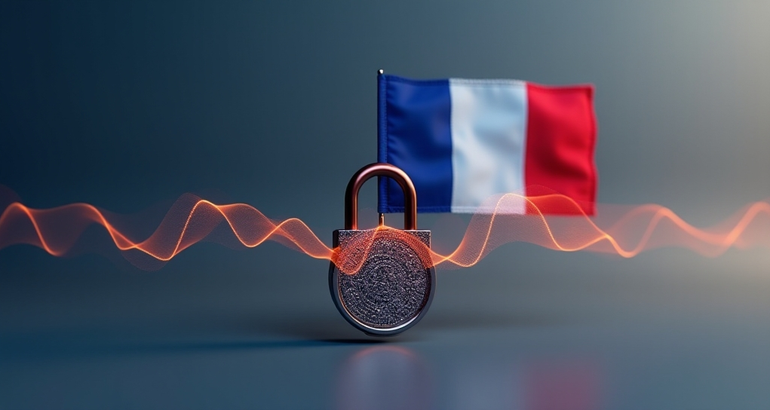How to Protect Your Data Security While Traveling

- Privacy
- Tips





Overview
Traveling is a great way to relax and unwind, but it can also pose risks to your data security. Without proper precautions, hackers may take advantage of your device or network connection to steal your personal information or online data. Therefore, even when you're away from work, you can't let your guard down when it comes to network security. Traveling also exposes you to new vulnerabilities. By taking the following simple preventive measures, you can protect your devices and data and enjoy peace of mind on your journey.
Contents
Before Departure
Before departing, you should clean and protect your devices to reduce potential risks.
① Delete unnecessary or rarely used applications
These applications may collect your personal data and location information, or even store copies of sensitive data on your device. Unless you need these apps, why keep an extra copy of data that needs protection? For the apps you use frequently, you can go into Settings and choose which data they are allowed to collect. You should also remove any unnecessary or sensitive data from your device. If you need to access this data during your trip, consider encrypting them and storing them on your device or using a secure cloud storage service.
② Protect your accounts
This is a basic cybersecurity step, but worth repeating: make sure to use strong and unique passwords on all your accounts and use two-factor authentication (2FA) wherever possible to enhance security.
③ Prepare for the worst
Make sure Find My Device and Remote Wipe functions are turned on (most Android and Apple phones have these built-in). This way, if you lose your phone, you can track its location or erase data on it if it's stolen. Also, backup the data you want to keep to an external hard drive or secure cloud storage service so that even if the worst happens, you still have all your photos and work files.
During Travel
During travel, you should pay attention to your network connections and device status to prevent any unauthorized access or tampering.
① Always use MetroVPN
Whether you're using airport WiFi or connecting to a hotel hotspot, a VPN can protect your data and browsing history from intrusion and enable you to continue watching hometown TV shows by bypassing geographical restrictions. VPN secures your connection by encrypting all online traffic, making it immune to attacks by intruders no matter which WiFi hotspot you connect to. We recommend using MetroVPN , a high-speed, secure and reliable VPN service that allows you to access the content you want anytime, anywhere.
② Monitor your connection
Public WiFi may be convenient, but it is also notoriously insecure, especially in airport and hotel lounges. You should disable the automatic WiFi connection feature on your devices and only connect to verified and legitimate WiFi networks. Your Bluetooth and file-sharing services (such as AirDrop) should also always be turned off unless you are using them.
③ Keep an eye on your devices
Carrying your devices with you may be inconvenient, but if you're in a public place, you shouldn't leave your devices unattended. It's better to take your laptop with you even to the coffee shop restroom than risk having your device tampered with or stolen.
After Return
After returning, you should check and update your devices to ensure there are no potential threats or vulnerabilities.
① Scan your devices
Use a reliable antivirus software or security tool to scan your devices for any malicious software or viruses. If you find anything suspicious, delete it immediately.
② Update your software
Check if there are any software or application updates available on your devices and install the latest version. This can fix any known vulnerabilities or errors and improve your device performance and security.
③ Change your passwords
If you used any public or insecure networks or devices during your trip, such as computers provided by airports or hotels, you should change the password on all your accounts to prevent any potentially leaked information from being exploited. It's best to use a password manager to generate and store strong and unique passwords.
Conclusion
Travel can be a pleasant and beneficial experience, but it also requires attention to protecting your data security. By following some of the simple yet effective advice provided in this article, you can enjoy worry-free online experiences while travelling and protect your personal information and online data from hackers and eavesdroppers.






